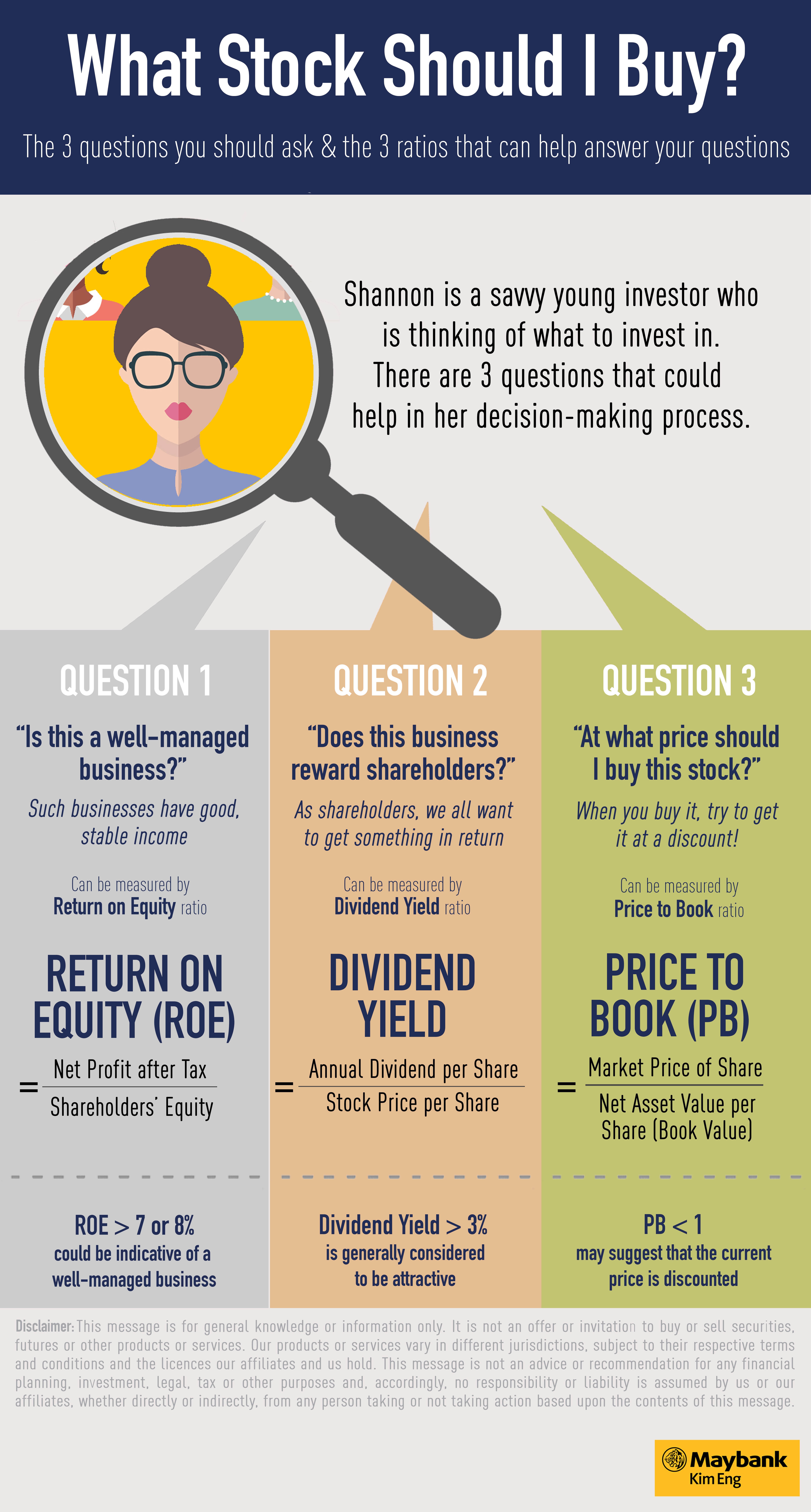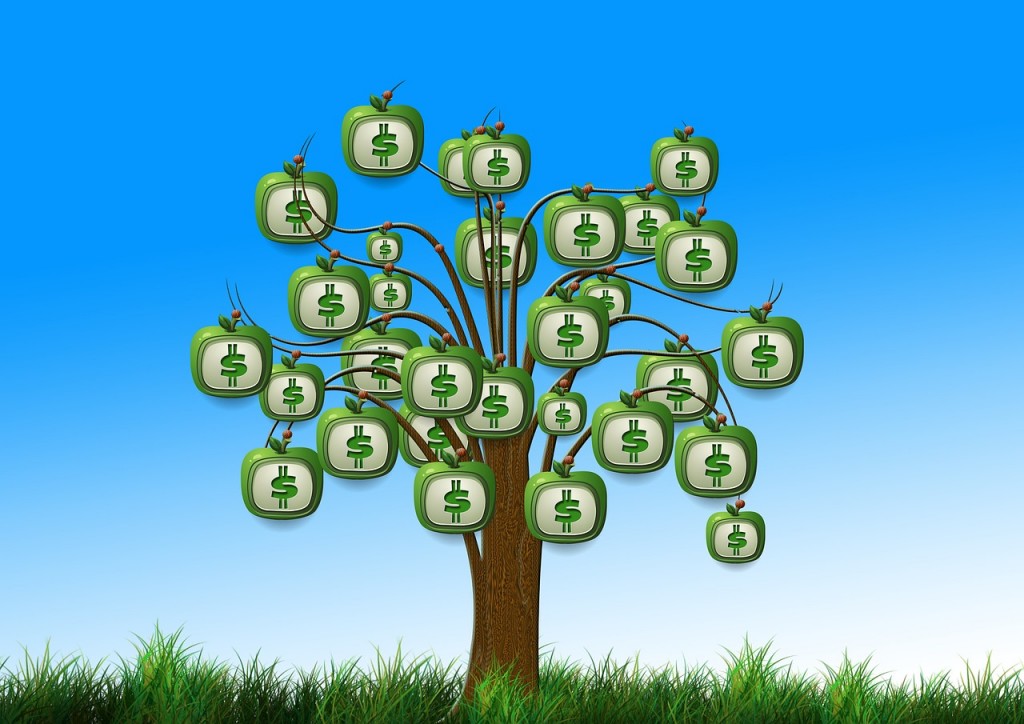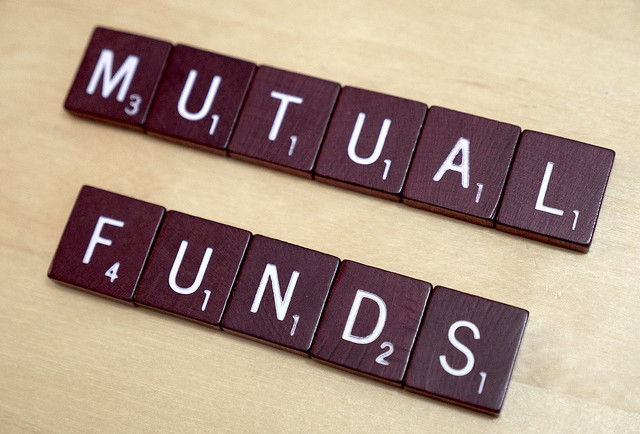With an abundance of low-cost investment brokerages and a wide range of investment products, we believe that anyone can get started on investing. Unless your ambition is to become a day trader, you do not need to master technical analysis or complex charting techniques.
Simply carve out your path by following these steps.
#1: OPEN AN INVESTMENT BROKERAGE ACCOUNT
Unlike your comfort food, stocks cannot be bought at a store and taken home in a paper bag. You need to go through an account with an investment brokerage. A brokerage is a company or firm that acts as the middleman to connect you to the stock exchange.
Brokerage companies usually receive compensation by means of commissions or fees that are charged once the transaction has been completed. Brokerage accounts charge through minimum fees (i.e., to pay on each trade) or trading fees (i.e., percentage of each trade). These fees will affect your profits, so ensure that you do your research.
#2: FUND YOUR ACCOUNT
It is necessary to transfer money to your account to begin trading. Take note of the brokerage company’s requirements such as the minimum fee.
These companies generally accept multiple funding methods such as PayNow transfer, FAST transfer via online banking, or overseas remittance. Use a method that suits you best.
#3: DETERMINE WHICH STOCKS TO INVEST IN
Do your research, ask financial questions, and compare the facts to determine which stocks to invest in. There are different types of investment products such as Blue chip stocks and Real Estate Investment Trusts (REITs).
Blue chip stocks are the stocks of well-known, high-quality companies that are leaders in their industries. Investors usually hang on to these stocks for long periods and collect its dividends. Local “blue chips” include Singtel, DBS, and ComfortDelGro. Many Singaporean investors prefer to invest in blue chip stocks because of its perceived certainty and stability. Local blue chips are deemed to be less risky and are often common household names that most Singaporean investors can relate to.
Real Estate Investment Trusts (REITs) allow you to buy shares in a variety of properties. For instance, CapitaLand and Ascendas gives you access to purchase shares in commercial properties such as shopping malls and office buildings. It is one of the most popular options for investors seeking regular income.
#4: ACQUIRE YOUR FIRST SHARES/STOCKS
Once your funds have been sorted out, you can buy your first shares/stocks using your brokerage’s online platform. As a beginner, you may make investing a regular habit by spending a fixed amount every month on generic Exchange Trade Fund. The Exchange Trade Funds (ETFs) are similar to mutual funds in many ways. Although, ETFs are bought and sold throughout the day on stock exchanges.

Image Credits: unsplash.com
The idea is that over the long term, the ETFs will rise. By buying a fixed sum every month, you will be able to spread out your risk through ups and downs. Consistently funding your account is key.












